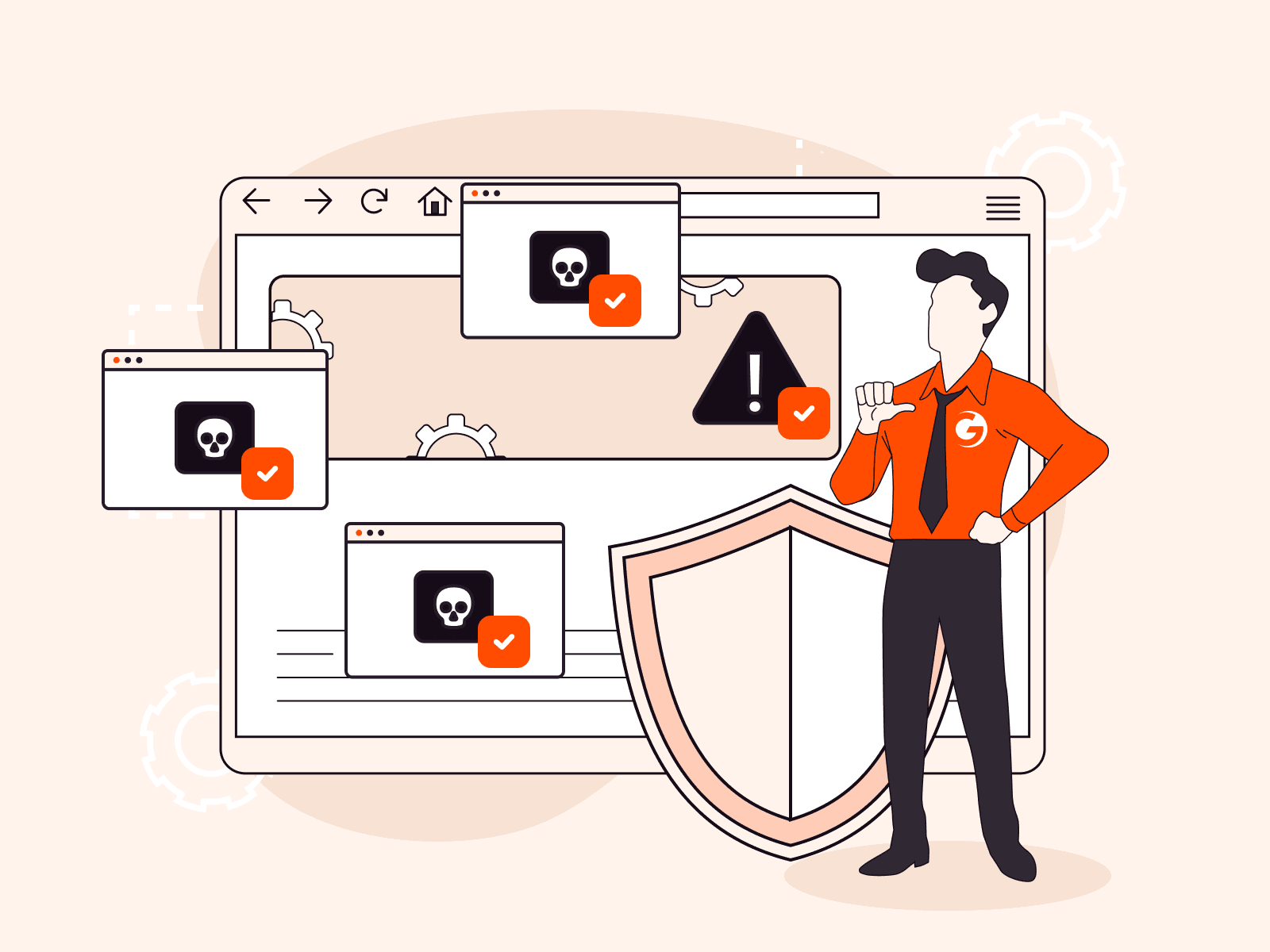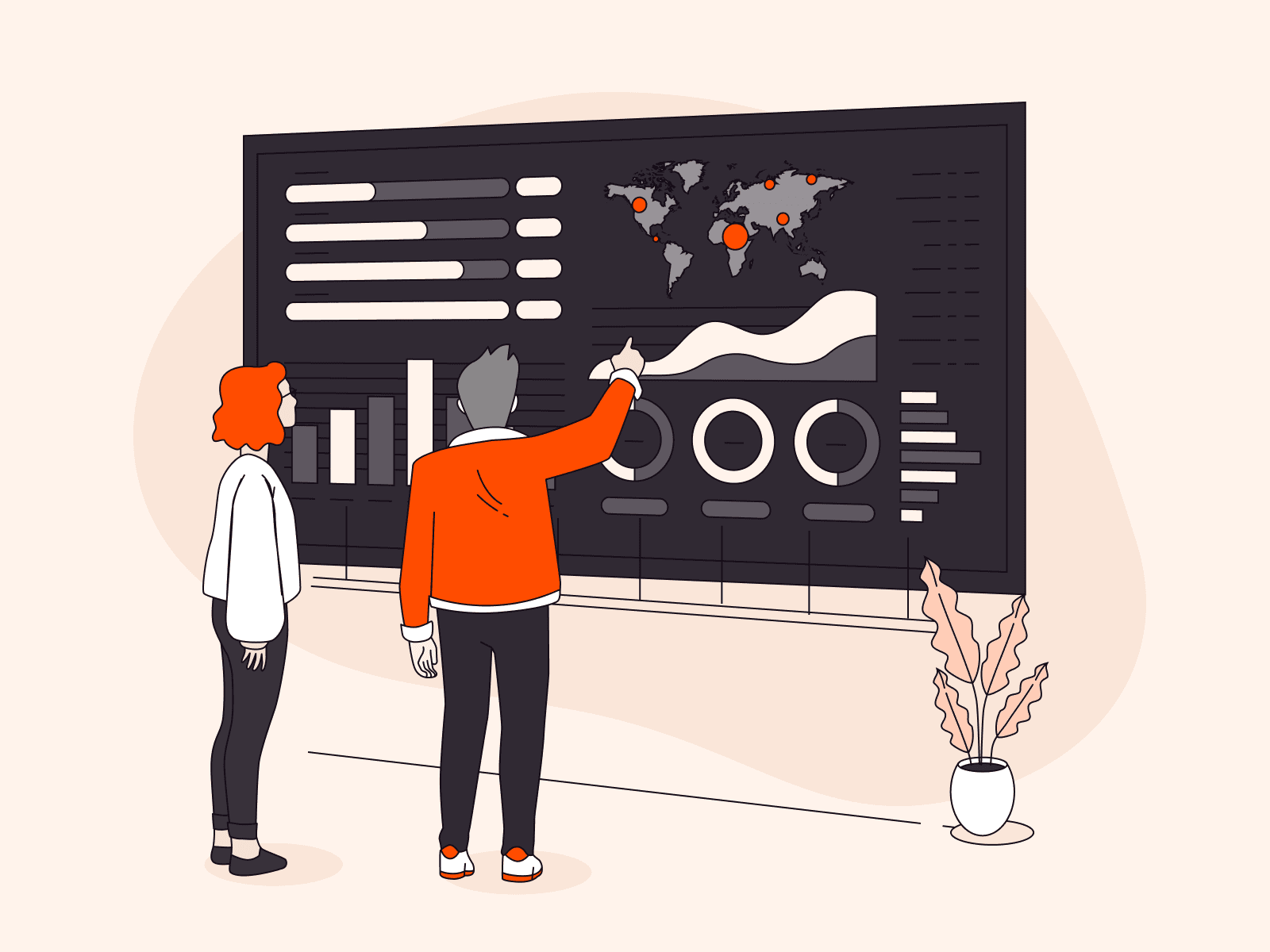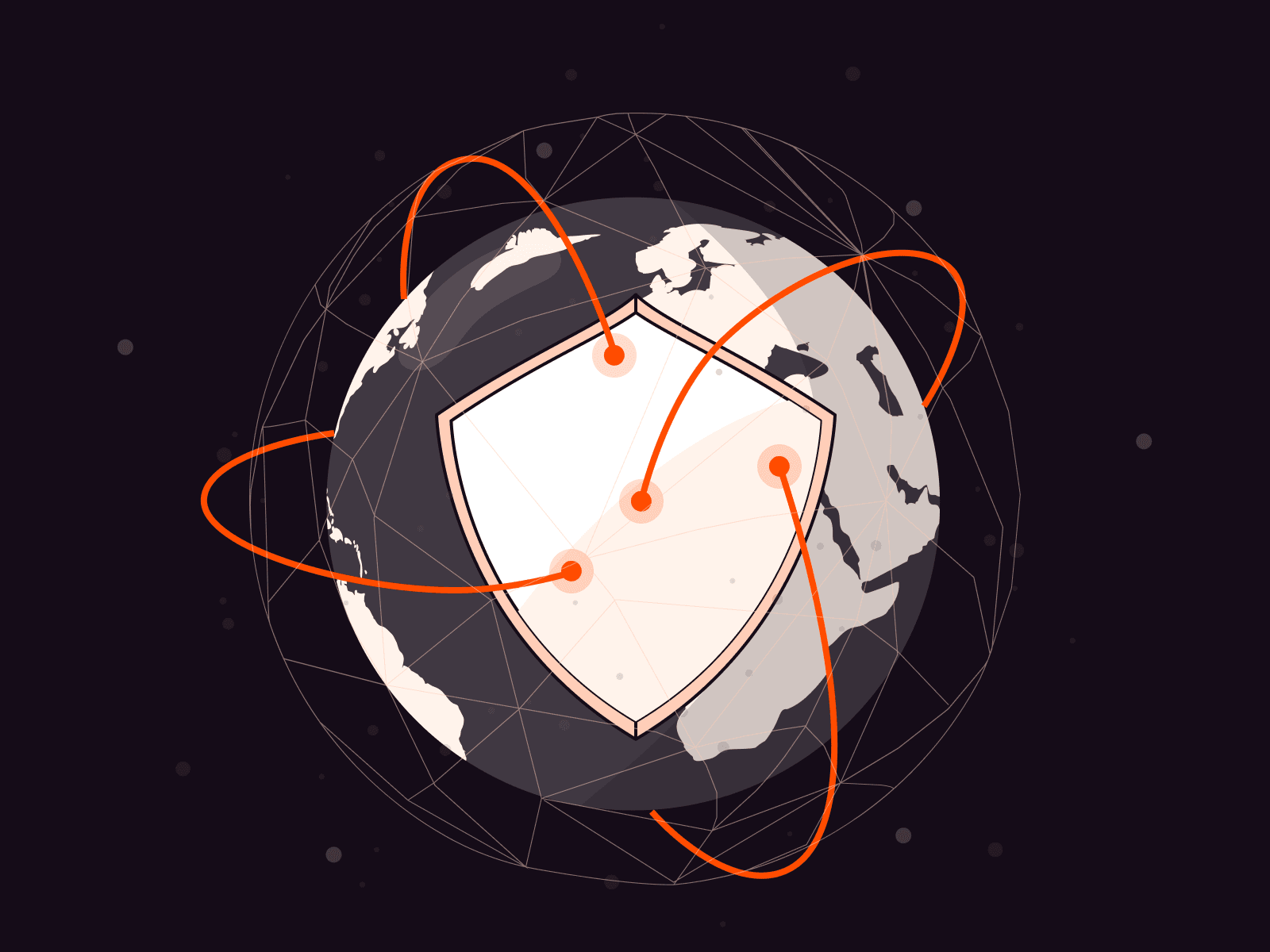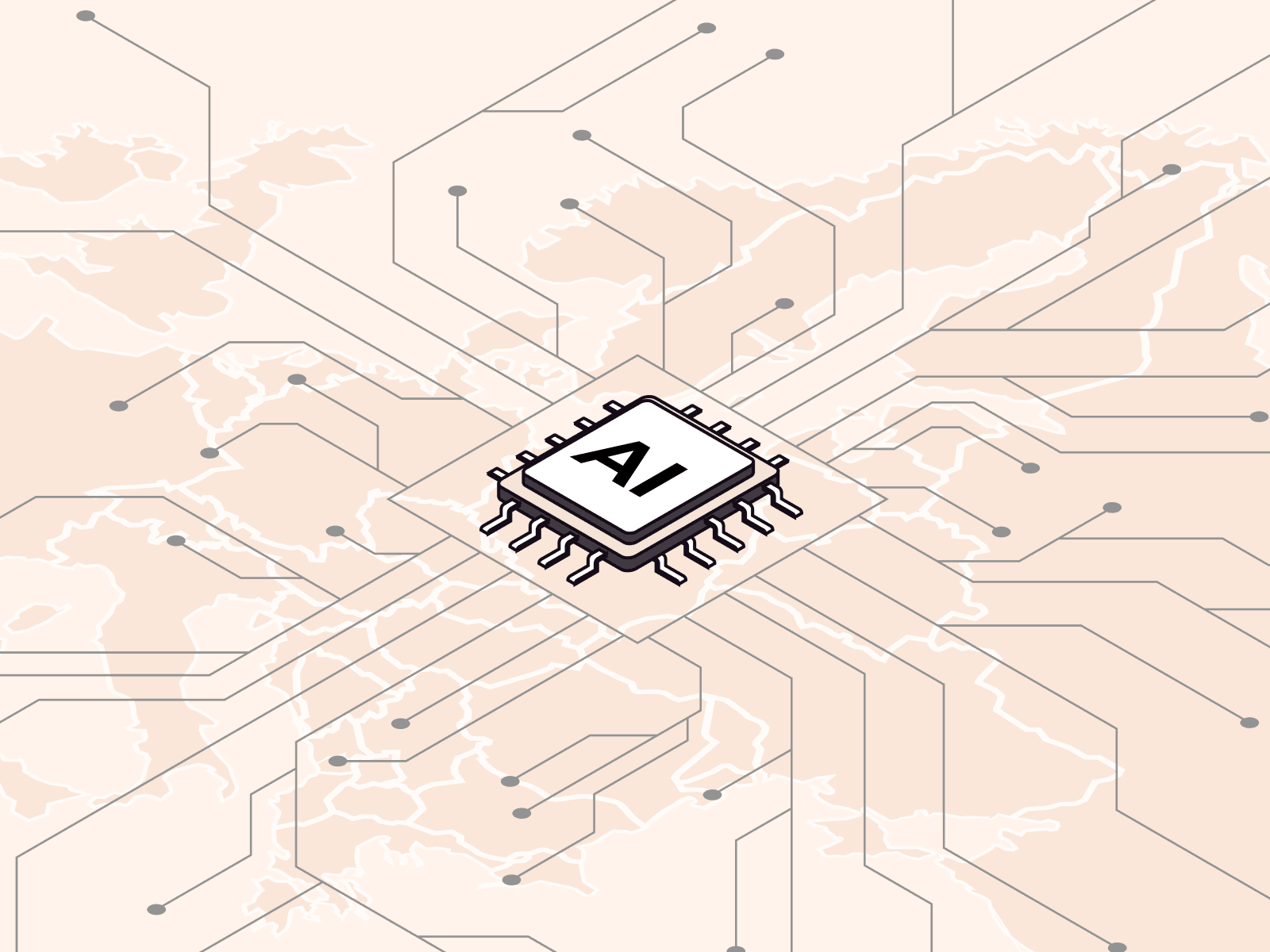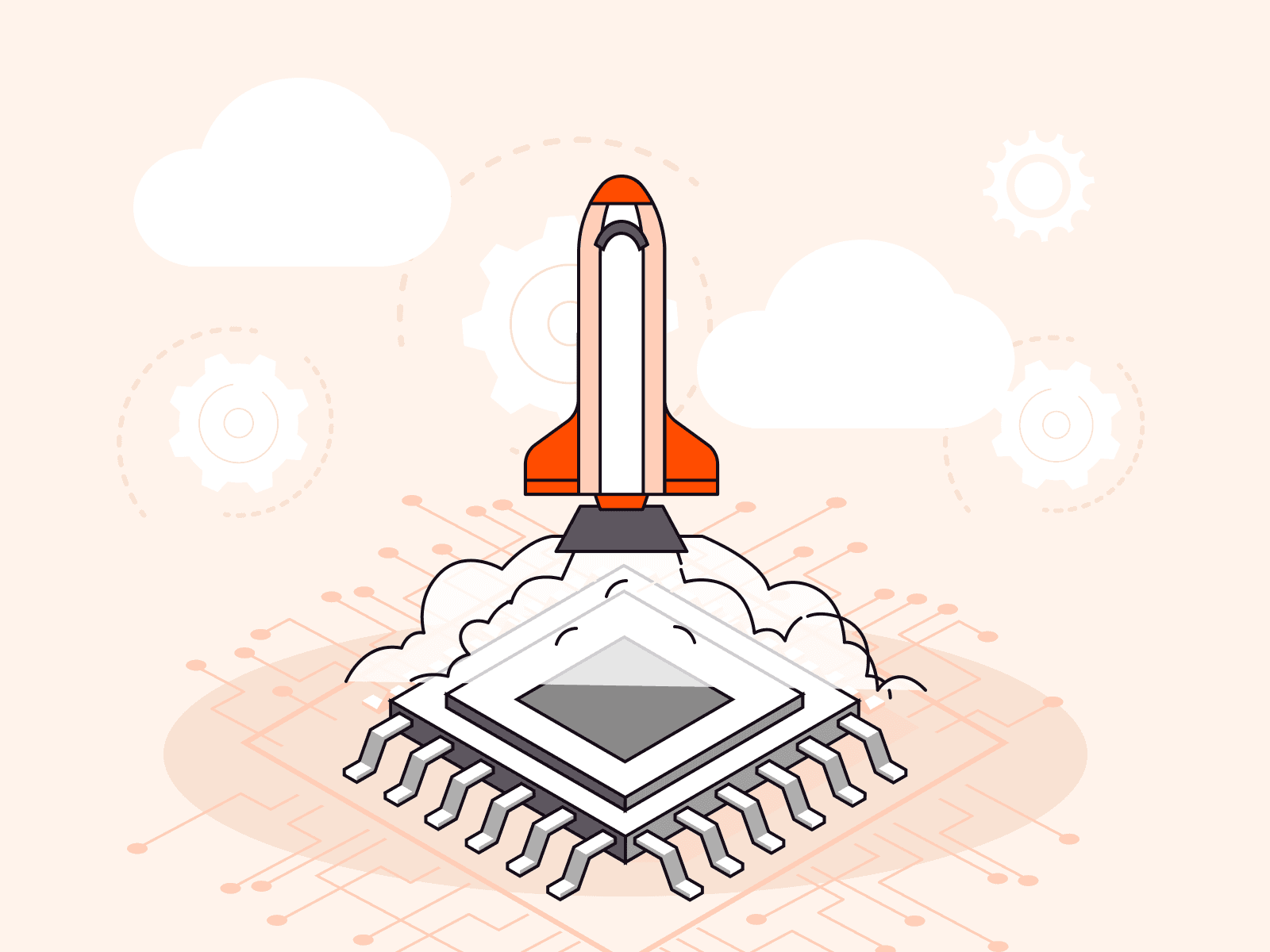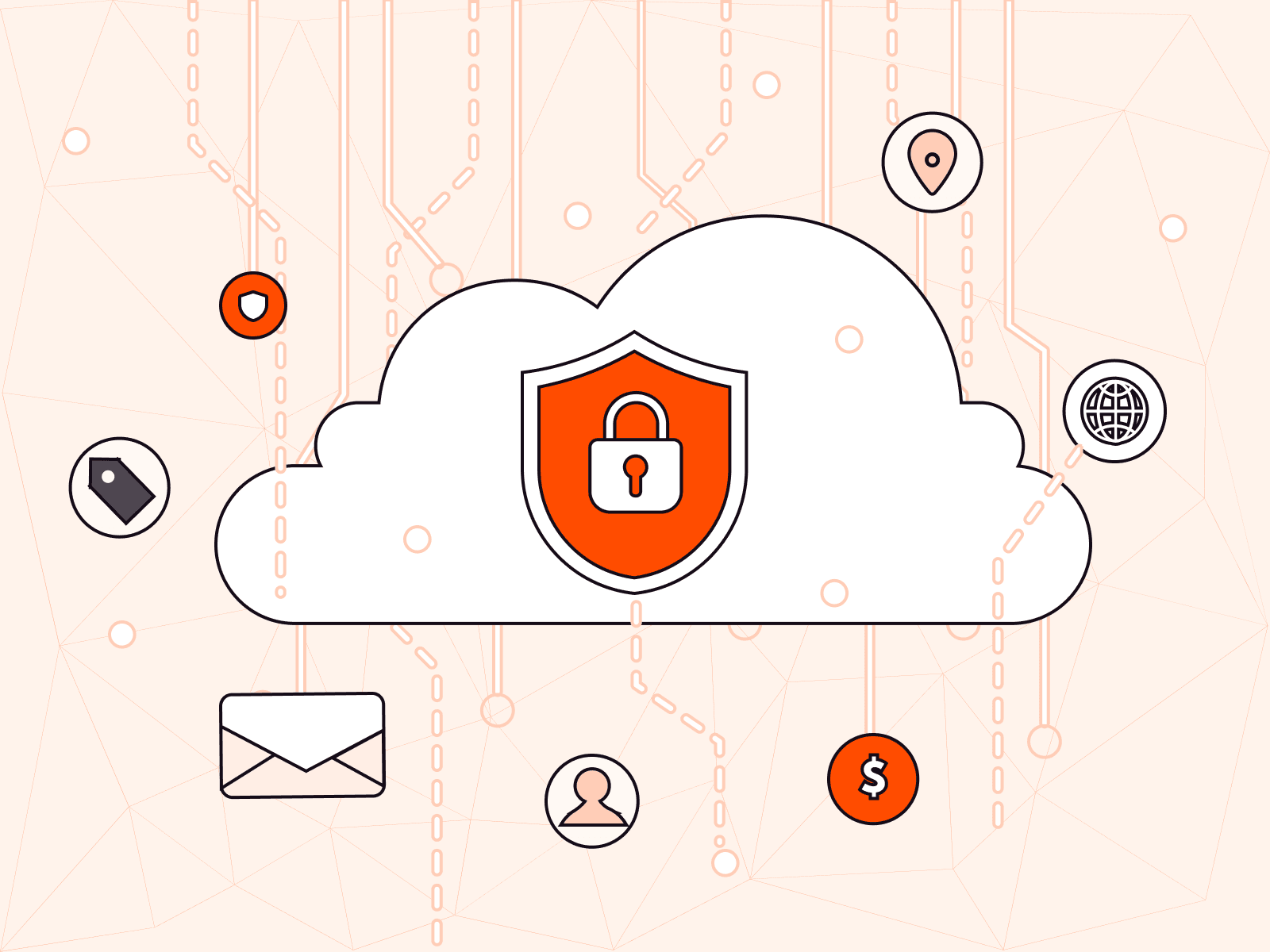What businesses need to know about compliance in 2025
- February 6, 2025
- 4 min read

Compliance has long grown beyond another chore to check off a to-do list, becoming a key part of operational integrity and strategic foresight. In 2025, the business world operates in a world of shifting goalposts created by evolving global data privacy laws, newly developed frameworks of AI governance, and cross-border data transfers. Non-compliance comes with considerable financial penalties, loss of reputation, and disruption to business operations. That’s why organizations must remain on top of their compliance requirements.
This article explores the key compliance trends shaping 2025, including data privacy and AI regulations, and outlines actionable strategies to help your business remain compliant while safeguarding your operations against cyber threats.
The tightening grip of data privacy regulations
Data privacy laws have generally become stricter worldwide in recent years. Laws like the EU’s General Data Protection Regulation (GDPR) and California’s Consumer Privacy Act (CCPA) have set a high bar regarding privacy standards, and new regulations in countries like India, Brazil, and even China add layers of complexity. The trend in 2025 seems quite clear: governments are enacting more comprehensive laws that demand increased accountability and transparency from businesses.
For example, regulations now focus on user consent, secure data storage, and stricter breach notification timelines. Companies will also have to consider the regional nuances in the way laws are applied. Cross-border data transfers, especially between jurisdictions with differing standards, have come under increasing scrutiny.
Specifically, regulations such as PCI and HIPAA are cracking down on consumer privacy laws. By March 25, 2025, PCI will require the implementation of advanced defense solutions such as WAF for compliance, while HIPAA enforces harsh penalties on non-compliance that can reach up to $1.5 million a year. Non-compliance with other regulatory bodies can also result in large fines. For example, CCPA fines generally range between $2500 to $7500 per single violation, and GDPR fines can reach a staggering €20 million, or 4% of the organization’s total global turnover.
Businesses need robust mechanisms that can help them comply with diverse laws and avoid the consequences of non-compliance while maintaining seamless data operations across borders. Another option is to outsource compliance by using a global technology infrastructure provider like Gcore, automating adherence to local storage laws.
AI governance enters the spotlight
The integration of AI into daily business processes has led to the development of AI governance frameworks. These frameworks handle ethical concerns, reduce algorithmic biases, and increase transparency. For companies, this means following a set of guidelines that dictates how AI processes sensitive data and interacts with users.
In 2025, organizations that have been using AI-powered tools for analytics, customer service, or threat detection must be ready for audits that scrutinize AI-driven decision-making processes. Compliance will involve documenting AI workflows, assessing the fairness of algorithms, and avoiding the misuse of AI technologies in ways that might infringe on individual privacy rights.
AI governance is far more than just a regulatory requirement; it’s a trust-building measure. As customers grow wary of how their data is used, demonstrating ethical AI practices can enhance customer confidence and loyalty.
Navigating cross-border data transfer laws
Globalization has integrated the economy digitally, but there are still some challenges in managing data transfer between regions with different compliance standards. Regulations such as GDPR do not allow data transfers to countries with relatively weak data protection laws, compelling businesses to create additional safeguards.
Geopolitical dynamics will complicate these challenges in 2025. An increasing number of countries are developing data residency laws and other localized data storage mandates that require data to stay within their borders. Businesses must start investing in region-specific infrastructure or finding service providers that can meet these local mandate requirements.
The role of security in compliance
Security and compliance are interrelated. The threat landscape changes daily, and organizations must prove their rigorous security standards to counter emerging threats in order to meet regulatory expectations. The development of ransomware, phishing campaigns, and AI threats places greater burdens on organizations to safeguard their systems.
Modern no-touch security solutions are at the heart of compliance today, from encryption, which protects sensitive data, to intrusion detection systems that flag unauthorized access attempts. Such solutions help organizations take legal standards into account when planning their self-defense efforts. This can be further enhanced through real-time monitoring and mechanisms for automated response to better cope with dynamic threat landscapes.
Why non-compliance is not an option
By 2025, the implications of non-compliance will extend beyond sanctions and fines. Data breaches and violations result in damaged reputations, disruptions of customer trust, and interference with business processes. To survive in competitive markets, organizations will need competitive differentiators such as compliance. Compliance shows that an organization is ethical and serious about its customers’ security, which will benefit customers, investors, and other stakeholders.
5 proactive strategies for staying compliant
While changing regulations may make compliance feel more arbitrary than ever and tough to understand, proactive strategies can help organizations stay ahead of fast-evolving regulations.
1. Continuous monitoring and auditing
The complexity of modern compliance requires constant monitoring. Companies should establish tools that can facilitate real-time visibility into the flow of data, permissions for access, and the realization of vulnerabilities. Regular audits help ensure that all systems and processes are within the confines of regulatory standards and can withstand investigations into possible infractions.
2. Adaptive security technologies
Compliance meets the legal requirements demanded by regulating bodies and creates a secure environment that prevents breaches and unauthorized access. Advanced security, such as risk-based access control and behavioral monitoring, significantly improves protection and compliance. These technologies adapt to emerging threats while automatically enforcing security policies across systems.
3. Automation
Automation has become key to maintaining compliance. By automating most routine tasks, such as record-keeping, reporting, and monitoring access, compliance processes can be made less prone to error and simpler. Automation also means an organization can easily scale its security and compliance as it expands.
4. Employee training and awareness
Human error remains a major cause of data breaches. Regular training ensures that employees are compliant when it comes to protecting sensitive information and able to recognize phishing attempts. Compliance training needs to be a continuous process, with updates as laws and standards evolve. For example, AI phishing presents a new challenge to businesses, likely requiring employee re-training.
5. Trusted service providers
Vendors or service providers that prioritize global compliance can significantly reduce a business’ workload. Choosing a platform with already-developed compliance features and edge capabilities—like Gcore—means your organization is one step ahead in preparing for regulatory challenges. This can reduce the human resources required to comply, automating most compliance processes across regions.
How Gcore simplifies global compliance
Companies facing compliance challenges need trustworthy, scalable solutions to address security and regulatory demands simultaneously. To that end, Gcore developed a variety of advanced security solutions.
- Gcore WAAP protects organizations from the most relevant threats while securing data integrity
- Gcore DDoS Protection reduces the risk that could lead an organization to non-compliance with incident response timelines
- Gcore CDN enables seamless data transfers, conforming to cross-border requirements thanks to a global network of 180+ points of presence
By combining some of the world’s most progressive security technologies with a commitment to user experience, Gcore enables organizations to reduce compliance complexity while staying one step ahead of emerging threats. With the right tools and a proactive approach, businesses can turn compliance from a challenge into an opportunity for growth and innovation.
Get a complimentary consultation about your business’ global compliance requirements
Related articles
Subscribe to our newsletter
Get the latest industry trends, exclusive insights, and Gcore updates delivered straight to your inbox.

